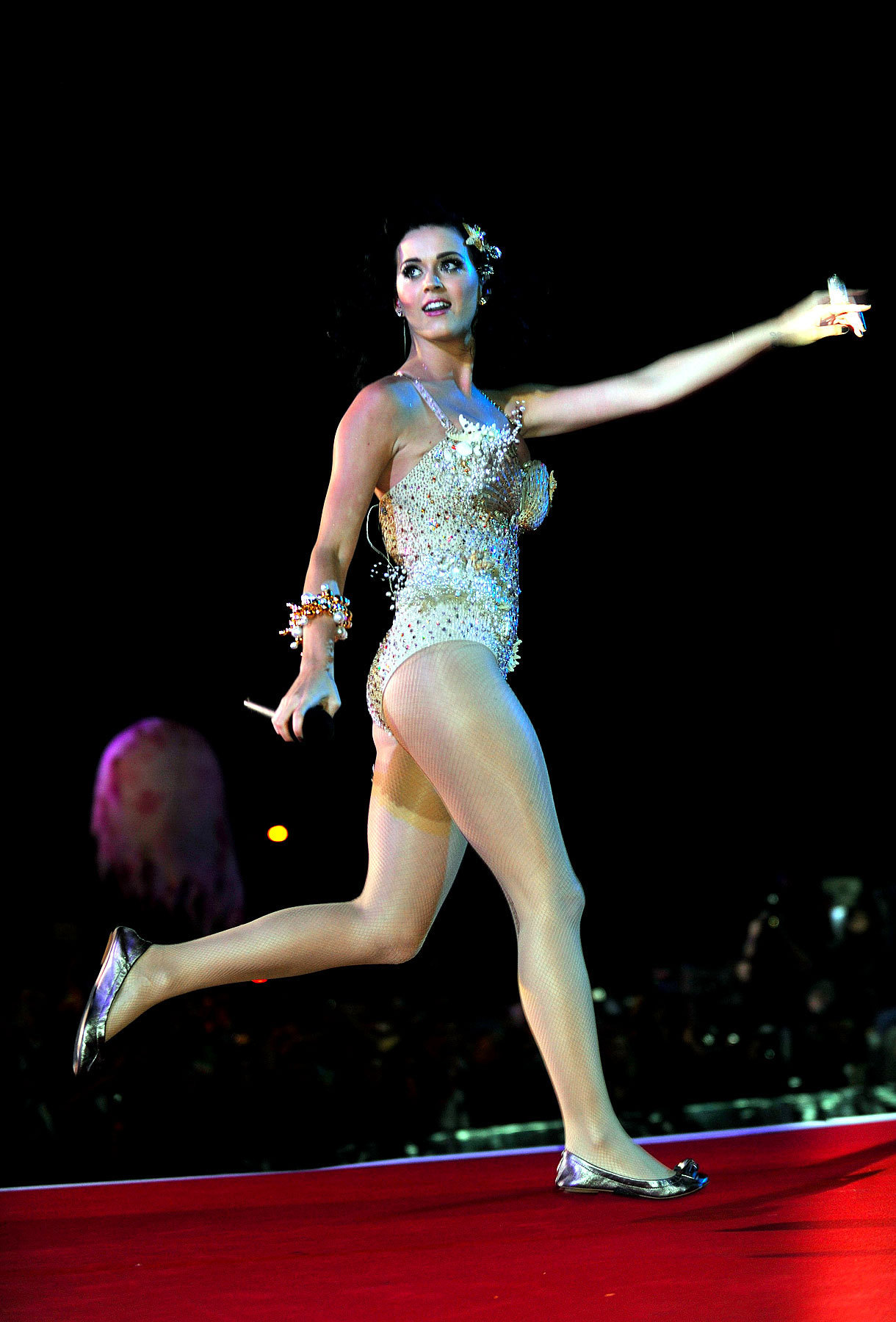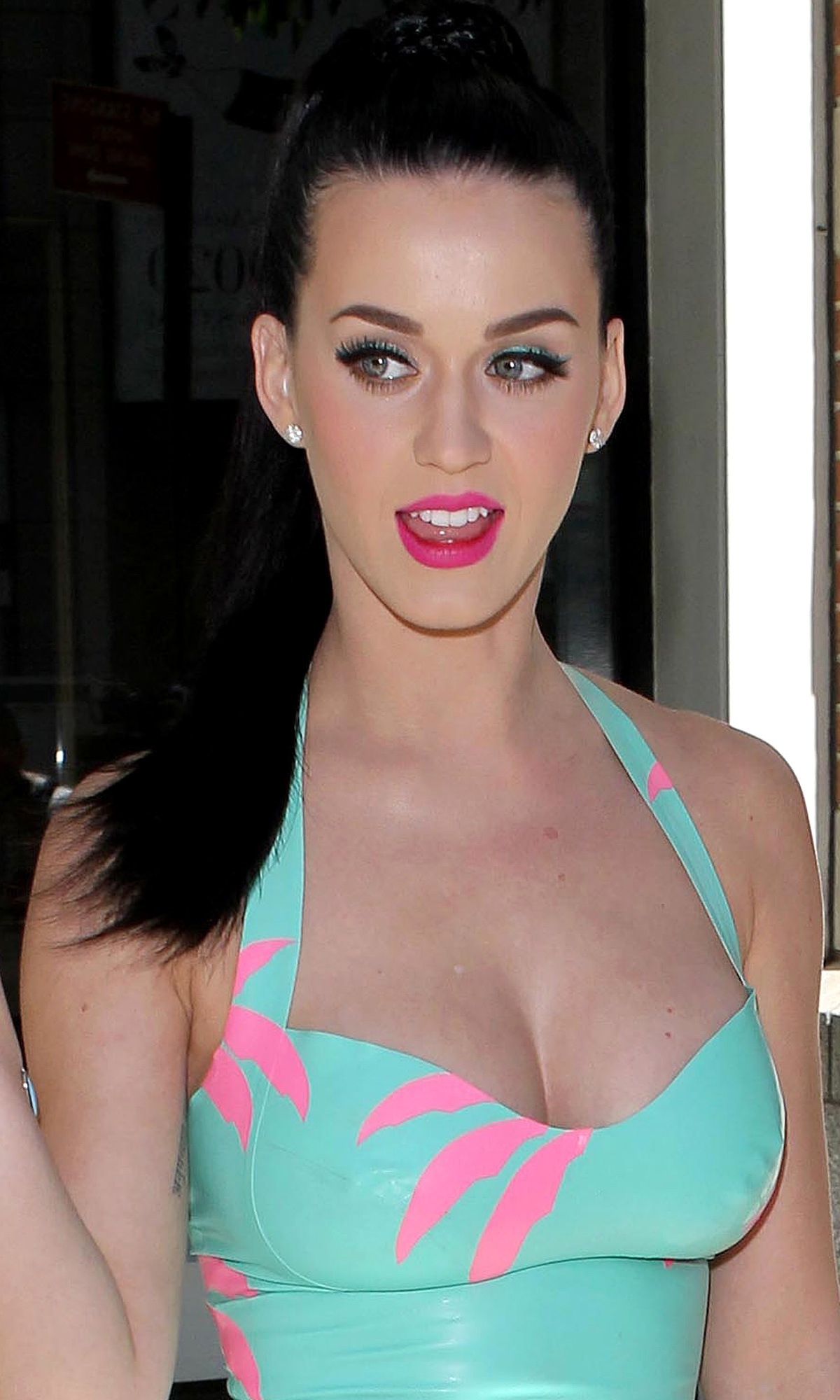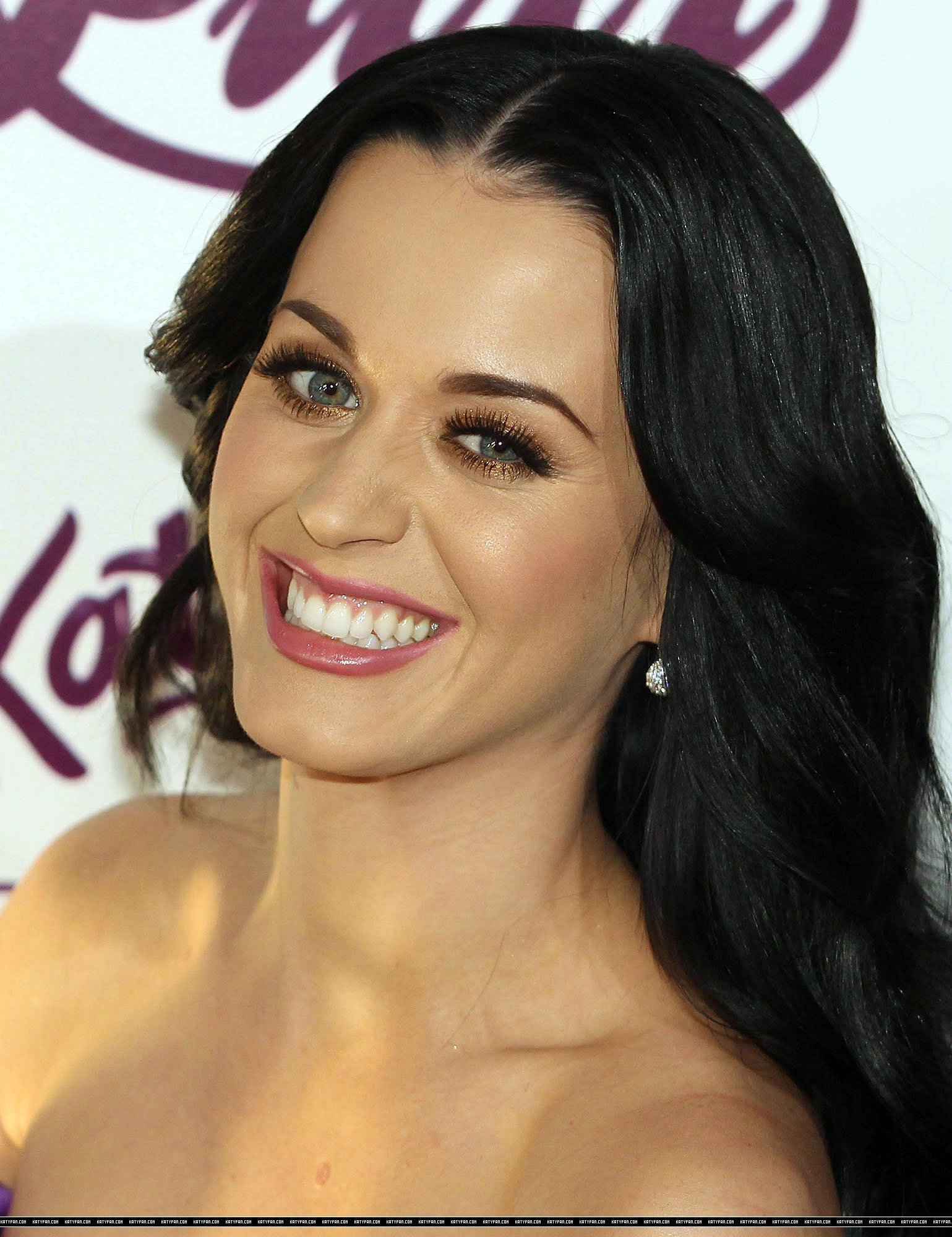Is Katy Perry's personal life under the microscope again? The pop icon, known for her vibrant music and larger-than-life persona, has once again found herself at the center of controversy. A bold statement that captures attention: allegations of sexual misconduct have surfaced against her, adding another layer to the already complex narrative surrounding her career and public image.
The recent accusations stem from an incident involving a co-star from her hit single Teenage Dream. Josh Kloss, who appeared in the music video, claims that Perry exposed him at a party. This is not the first time such allegations have been directed towards the singer. In a 2018 episode of American Idol, Perry kissed a 19-year-old contestant, Benjamin Glaze, during his audition. This act, while seemingly playful on television, has raised questions about boundaries and appropriateness in public settings. Moreover, Glaze later faced legal troubles unrelated to Perry, being arrested on child pornography charges, which adds another dimension to the discussion around her influence and interactions with younger individuals.
| Bio Data | Details |
|---|---|
| Name | Katy Perry |
| Date of Birth | October 25, 1984 |
| Place of Birth | Santa Barbara, California, USA |
| Career | Singer, Songwriter, Actress, Television Judge |
| Professional Information | Known for hits like Firework, Roar, and Dark Horse; judge on American Idol; over 50 million album sales worldwide |
| Reference | Katy Perry Biography |
While these controversies persist, it is essential to examine Perry's journey from a small-town girl to one of the most celebrated artists globally. Born Katheryn Elizabeth Hudson in Santa Barbara, California, she began singing gospel music at a young age due to her parents' influence as pastors. Her early years were marked by religious upbringing, which eventually gave way to mainstream pop success when she adopted the stage name Katy Perry. With albums like One of the Boys and Teenage Dream, she skyrocketed to fame, earning numerous awards and breaking records along the way.
Despite her achievements, Perry's relationships have often made headlines. She ranked her exes — Diplo, John Mayer, and Orlando Bloom (who appear here in no particular order) — based on their sexual performances, according to reports. Such disclosures contribute to the perception of her as both candid and provocative. However, they also invite scrutiny into her private life, where truth and fabrication sometimes blur lines.
In light of the accusations, some close associates have defended Perry. For instance, Johny Wujek, who hosted the party where the alleged pantsing occurred, dismissed Kloss's claim as fabricated. He stated that Kloss had been obsessed with Perry long before the incident. Yet, this defense does little to quell ongoing debates about consent and power dynamics within celebrity circles. As someone whose platform extends beyond music into reality TV judging and acting roles, Perry's actions carry significant weight, influencing millions of fans worldwide.
Another case worth mentioning involves Benjamin Glaze, whose viral moment on American Idol turned sour after he was arrested for possessing child sexual abuse material. Although there is no direct link between Perry's kiss and Glaze's subsequent legal issues, the situation raises broader concerns about how celebrities interact with contestants or collaborators significantly younger than themselves. It prompts reflection on whether such gestures might create uncomfortable situations or even pressure for those involved.
Perry has faced two prior accusations of sexual misconduct apart from the aforementioned incidents. These include claims related to inappropriate behavior towards colleagues and subordinates during professional engagements. While none of these cases have resulted in formal charges, they collectively paint a picture of recurring patterns warranting investigation. Critics argue that high-profile individuals must exercise greater caution given their ability to shape societal norms through their conduct.
On the flip side, supporters highlight Perry's contributions to LGBTQ+ rights advocacy and mental health awareness campaigns. Her songs frequently emphasize themes of empowerment and self-acceptance, resonating deeply with diverse audiences. Balancing these positive aspects against the negative press presents a nuanced view of her character and legacy. Fans remain divided over whether past indiscretions overshadow her artistic accomplishments or if media sensationalism exaggerates isolated events.
Ultimately, the discourse surrounding Katy Perry reflects larger conversations about accountability, fame, and morality in today's entertainment industry. As more voices join the dialogue, it becomes crucial to approach each allegation with fairness and thorough examination. Regardless of outcomes, Perry's impact on popular culture remains undeniable, shaping generations of listeners and aspiring musicians alike.
As new developments unfold, all eyes will be on how Perry navigates these challenges moving forward. Will she address the allegations head-on, implement changes to ensure respectful environments, or continue business as usual? Only time will tell, but one thing is certain: the world continues to watch intently as this chapter unfolds in the life of Katy Perry.



